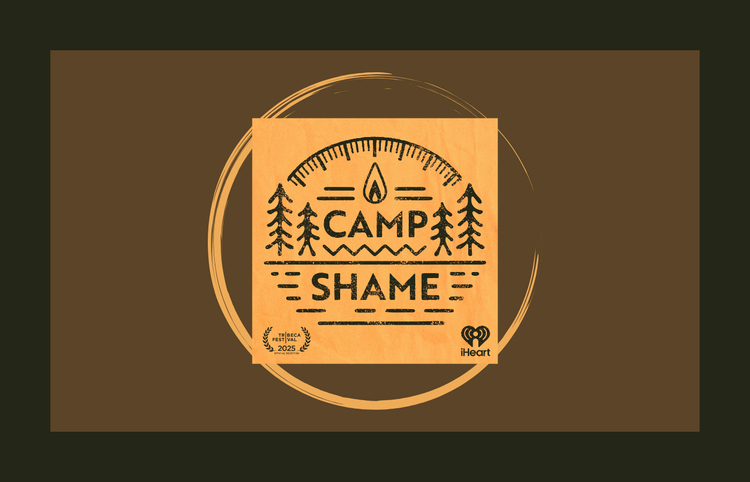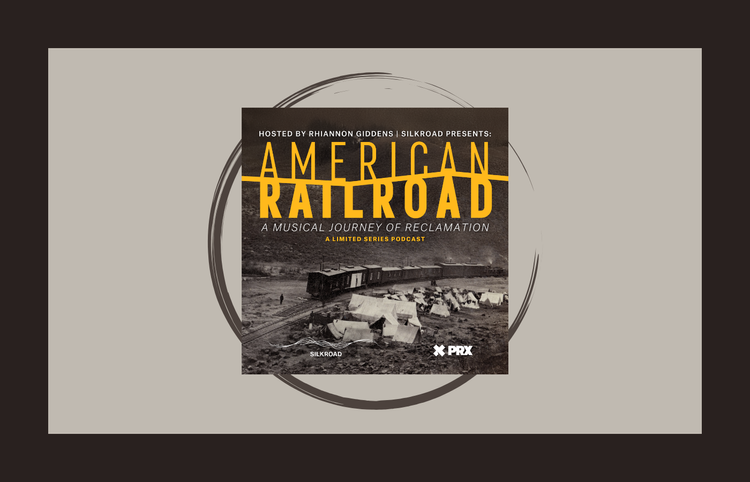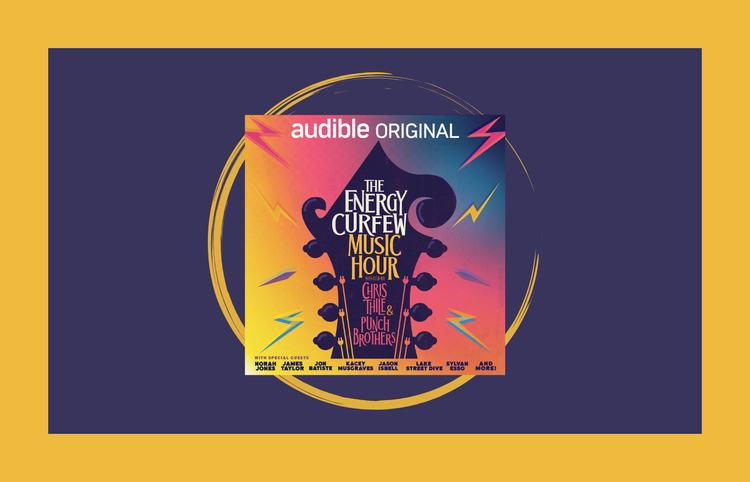Review: The Retrievals

This Barbie has feelings. I do not like them.
It’s hard to remember, but we need to remember those feelings, yes those pesky interruptions to our day-to-day lives, they are a good thing. You’re supposed to have feelings. Emotions make us human and they help us to connect to one another. They’re supposed to help us know when something is wrong, how to be empathetic, and to get through this thing we call life.
Yet feelings aren’t great. They feel gross. They’re intense, and sometimes you get so used to shutting them off that when you have them it’s a tsunami more than just a big, or pretty big wave.
Then there’s physical pain. It also is supposed to help us figure out our life. A stomachache means we probably shouldn’t have eaten that plant, a headache means maybe we need water, and sometimes a broken toe means we have to slow down for a little while.
Yet why is pain, emotional or otherwise, so incredibly dismissed? Especially when it’s happening to a woman. Discomfort around men behaving inappropriately is rude. Your menstrual cramps can’t be that bad, can they? Women do this to women, and men do this to women, and only now are we starting to see a trend change.
Partially because people are speaking up. The Retrievals is a podcast from The New York Times and Serial that is a story of women speaking up. Now, I do know The New York Times has some issues with some of its reporting around gender - and I don’t want to write this review without acknowledging this. However, this podcast is about reproductive safety, agency, and health. Victims, in this case, all identify as women and I move forward with the understanding that this may have happened to people who do not identify as women, yet still have gone through egg retrieval.
A five-part series, of varying episode length, takes us through the story of a nurse who diverted fentanyl from the Yale Fertility Clinic, replacing it with saline. Due to this diversion, those affected patients had minimal painkillers for retrieving eggs for fertility treatment. If you want to learn more about what this invasive procedure is like, look up an image. It’s not comfortable, by a long shot.
Yet these patients felt every move of the needle in their bodies. The doctors, the nurses, no one took them seriously. Until, of course, a vial of fentanyl was found to be tampered with and an investigation was started. The nurse was found guilty, and we’d all like to believe that justice was handed out with a metered, yet fair hand. You’d think that everyone would be held accountable.
This podcast is asking if everyone was held accountable. Over this short series, there are multiple interviews with patients, trying to figure out the “Why?”, the “How?”, and the “What Now?”. Is it okay that this happened if my fertility treatment was successful? Is it okay because the harm is psychological and not physical? Psychological pain only happens to people who are truly traumatized, as we all are very aware. Veterans and shooting survivors and car accident survivors. Not patients who just had an uncomfortable medical procedure, right?
This is one of those podcasts that has that top-tier production. The host is calm, metered, and empathetic. The interviews are heartwrenching and poignant. The story takes you through the journey and you feel every breath of these patients, underscored with beautiful music that emphasizes every beat. Despite its beauty in audio and measured production - you can’t help but walk away disappointed. It’s not just because the series is so short, but because of a distinct lack of resolution. There’s a true crime parallel here, an unsolved mystery that feels like it has all of the elements to solve it. The detectives just can’t grasp it, just like this society can’t quite grasp what we’ve done to ourselves.
There’s a lot that’s uncomfortable and unsatisfying about the world - The Barbie Movie scratches the surface of this issue which is why I opened with it. This podcast goes a little deeper into some specific issues that are had with women’s medicine and reproductive health. Even then, it’s only scratching the surface of that issue. It’s focused, though, which I can see as part of the solution. So many issues in this world can be broken down into empirical data, but most people run on feelings, that end up being dismissed because feelings aren't empirical. It's a paradox of humanity. However, this podcast balances the empirical with the emotional, in a way to be approachable, uncomfortable, and important.
There it is. That’s the power of podcasting, of great journalism, of telling important stories.
Listen to The Retrievals here.
If you like my reviews, please remember to subscribe for The Monthly Magpie - where I send monthly updates so you don’t have to wander back here. You get my reviews straight to my inbox just once a month.




Comments ()